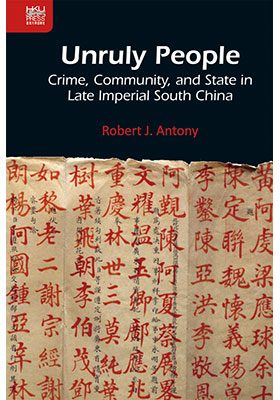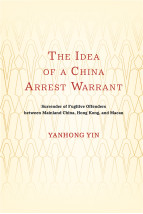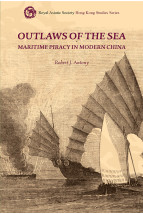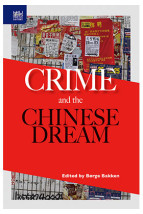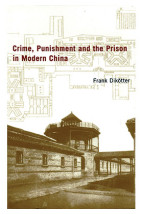Unruly People
Crime, Community, and State in Late Imperial South China
(不馴的族群:晚清華南罪案、社區與國法)
ISBN : 978-988-8208-95-1
August 2016
320 pages, 6″ x 9″, 21 b&w illus.; 4 maps; 14 tables
- HK$495.00
Ebooks
Unruly People shows that in mid-Qing Guangdong banditry occurred mainly in the densely populated core Canton delta where state power was strongest, challenging the conventional wisdom that banditry was most prevalent in peripheral areas. Through extensive archival research, Antony reveals that this is because the local working poor had no other options to ensure their livelihood.
In 1780 the Qing government enacted the first of a series of special laws to deal specifically with Guangdong bandits who plundered on land and water. The new law was prompted by what officials described as a spiraling “bandit miasma” in the province that had been simmering for decades. To understand the need for the special laws, Unruly People takes a closer look at the complex relationships and interconnections between bandits, sworn brotherhoods, local communities, and the Qing state in Guangdong from 1760 to 1845.
Antony treats collective crime as a symptom of the dysfunction in local society and breakdown of the imperial legal system. He analyzes over 2,300 criminal cases found in palace and routine memorials in the Qing archives, as well as extant Chinese literary and foreign sources and fieldwork in rural Guangdong, to recreate vivid details of late imperial China’s underworld of crime and violence.
“In this excellent and deeply researched study, Robert Antony portrays the economy and ecology of violence in mid-Qing Guangdong. Banditry and sworn brotherhoods had long existed in a tenuous equilibrium with agrarian society and the state, he finds, but as chronic underemployment rose in the decades after 1760, the incidence of organized crime grew to new and unmanageable levels.” —William T. Rowe, Johns Hopkins University; author of Crimson Rain: Seven Centuries of Violence in a Chinese County
“A rich account of the day-to-day struggle to maintain law and order in mid-Qing Guangdong, Unruly People shows us the petty outlaws and sworn brotherhoods that were endemic to local society, and challenges basic notions about the nature of crime, banditry, and violence in China.” —Thomas David DuBois, College of Asia and the Pacific, The Australian National University

